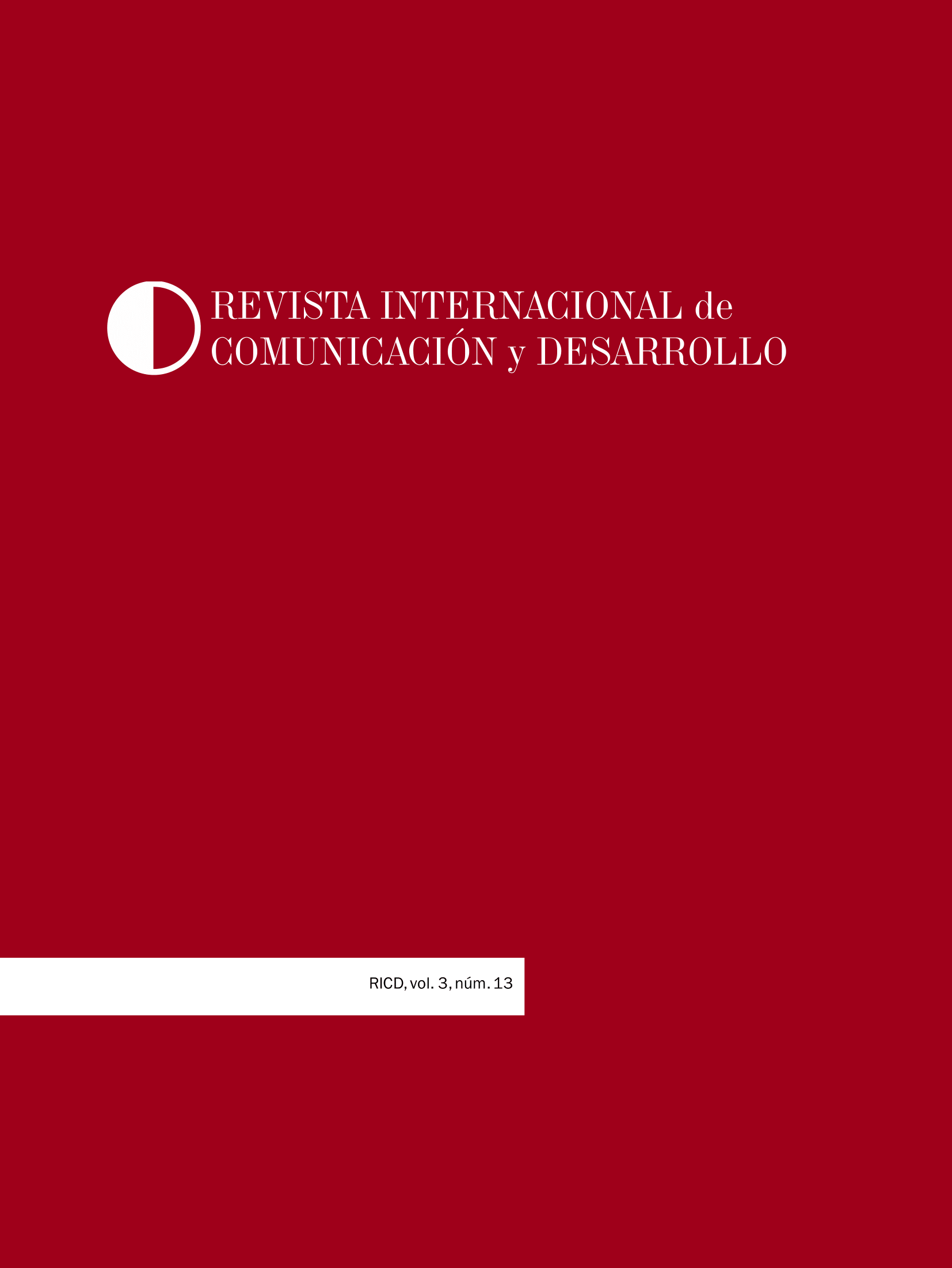O fenômeno das lives no Brasil em tempos da COVID-19 a acessibilidade comunicativa das pessoas cegas em perspectiva
Contenido principal del artículo
Resumen
Diante da popularização das lives no Brasil, como fenômeno da internet, em meio à pandemia do novo coronavírus, este artigo objetiva compreender se tais lives são acessíveis às necessidades e expectativas de pessoas cegas. Adota-se abordagem qualitativa e exploratória, mediante amostras convenientes não estatísticas, em um percurso metodológico indutivo. Para coleta de dados, além das investigações bibliográficas, empregou-se um questionário misto, com perguntas fechadas e abertas, o qual foi gerado online e, na forma de link, enviado a contatos que pudessem respondê-lo ou direcioná-lo a possíveis respondentes. Pelos resultados, a audiodescrição emerge como demanda premente das pessoas com cegueira/deficiência visual para a acessibilidade comunicativa na internet. Assim, recomenda-se que as lives sejam veiculadas pela lógica inclusiva do desenho universal para o avanço rumo a uma racionalidade comunicativa não assimétrica, dialógica e inclusiva, pautada no entendimento intersubjetivo







